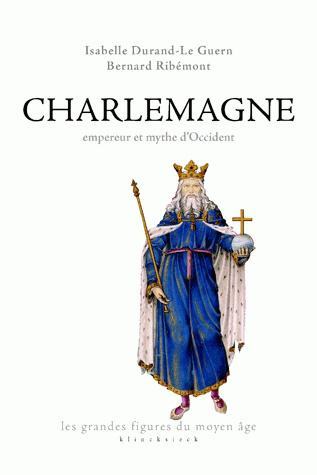Charlemagne, at least until the early 20th century, remained an essential historical figure – the incarnation of what people of that era conceived of as a great man.
Certainly, apart from Louis XIV and Napoleon, Charlemagne is the power figure most often referred to in the course of a phenomenon entailing the reappropriation of a French national identity which owes a great deal to the historiographic legends established in the Middle Ages as a way to legitimize the French monarchy. Charlemagne's later reputation is thus the product of a long process of mythicization which began with the Emperor's death in 814.
It is this dually monolithic and contradictory figure which the author accompanies through what is primarily a literary history, on a quest to explore every fundamental facet of this figure: the king, the warrior, the Christian emperor/leader of the Crusades/saint and, ultimately, the man.
Isabelle Durand-Leguern is a Senior Lecturer in Comparative Literature at Université de Bretagne Sud (Lorient). The particular focus of her research is representations, particularly historical examples, and the poetics of genre. She is the author of Le Moyen Âge des romantiques (2001).




